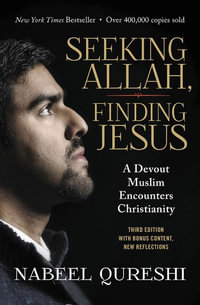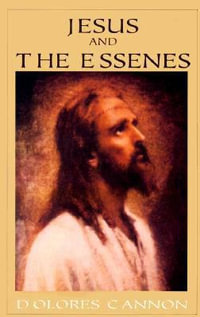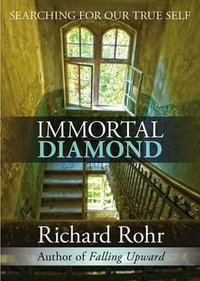"This collection of essays examines how God's justice and mercy intersect in the lives of individuals and their communities, with a view to the establishment of personal and social well-being in the world. The authors, drawn from England and Australia, approach the theme from a variety of methodological and interdisciplinary perspectives. Theological, exegetical, historical, healthcare, moral, and visual arts approaches are brought to bear in an investigation relevant for the identity and mission of the church in a world characterized by cycles of revenge, the perpetration of injustice, and the marginalization and persecution of various ethnic groups. The practical outcome of these studies has wide-ranging relevance for our attitudes toward indigenous peoples, the well-being of single and married people, healthcare throughout the ages, the spiritual care of people (including those suffering dementia), the personal experience of trauma, issues of moral judgement, and the abiding value of the creative arts."
Industry Reviews
“This fine collection of essays by seasoned scholars offers a treasure trove of insights into what it means to do justly, love mercy, and walk humbly with God, all of which are fundamental to human flourishing and societal well-being. At a time when the social, political, and even environmental fabric of our civilization is under enormous stress, there is much to learn from these thoughtful contributions.”
—Christopher Marshall, Diana Unwin Chair in Restorative Justice, Victoria University of Wellington, New Zealand
“‘Who cares in a world where justice and mercy seldom meet?’ This timeless and challenging question opens this book. This important interdisciplinary volume probes the relationship between justice and mercy from various perspectives resulting in a thought-provoking, challenging, and even convicting message. Our world is broken and desperately needs direction. In a time when society at large is grappling (often unsuccessfully) with justice and mercy, these essays will shine light from a Christian perspective on these topics.”
—Joseph D. Fantin, Professor of New Testament, Dallas Theological Seminary























![Mere Christianity [Gift Edition] - C. S. Lewis](https://www.booktopia.com.au/covers/200/9780008254599/null/mere-christianity-gift-edition-.jpg)

